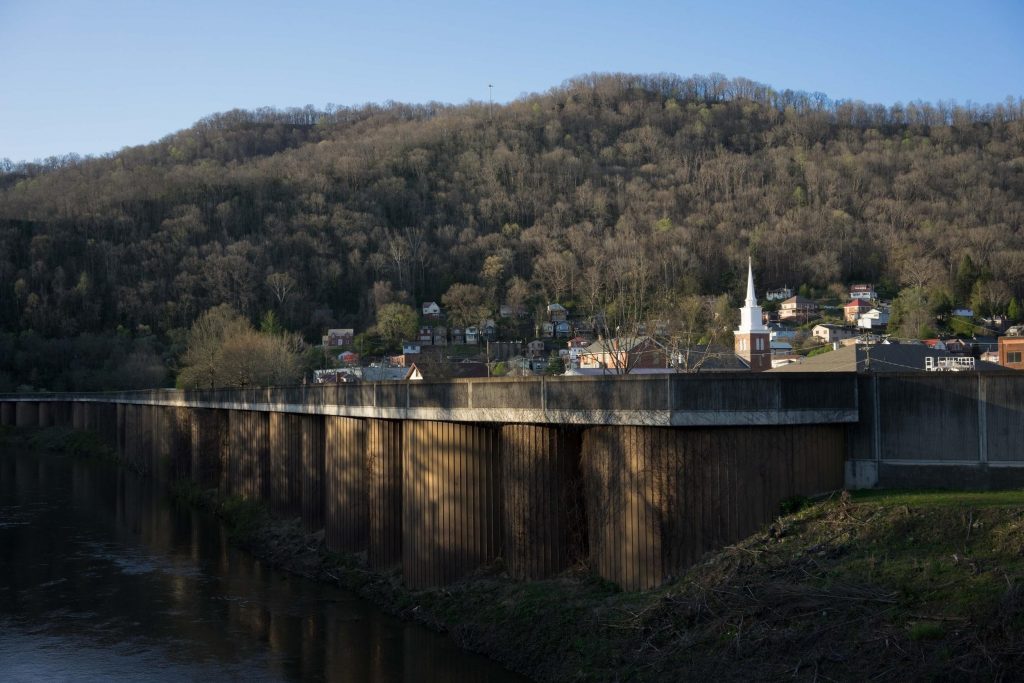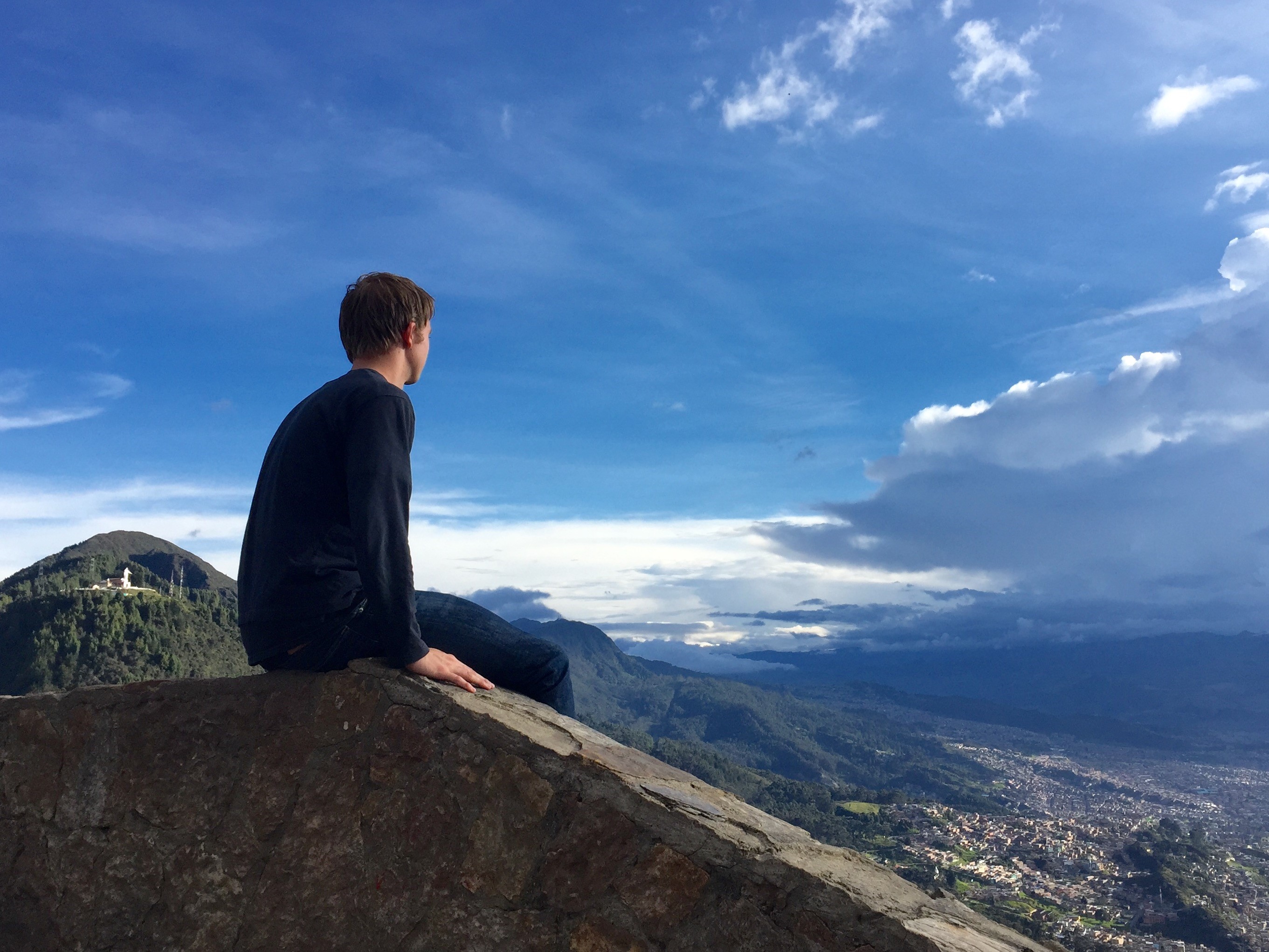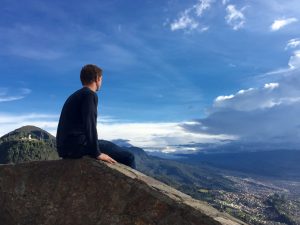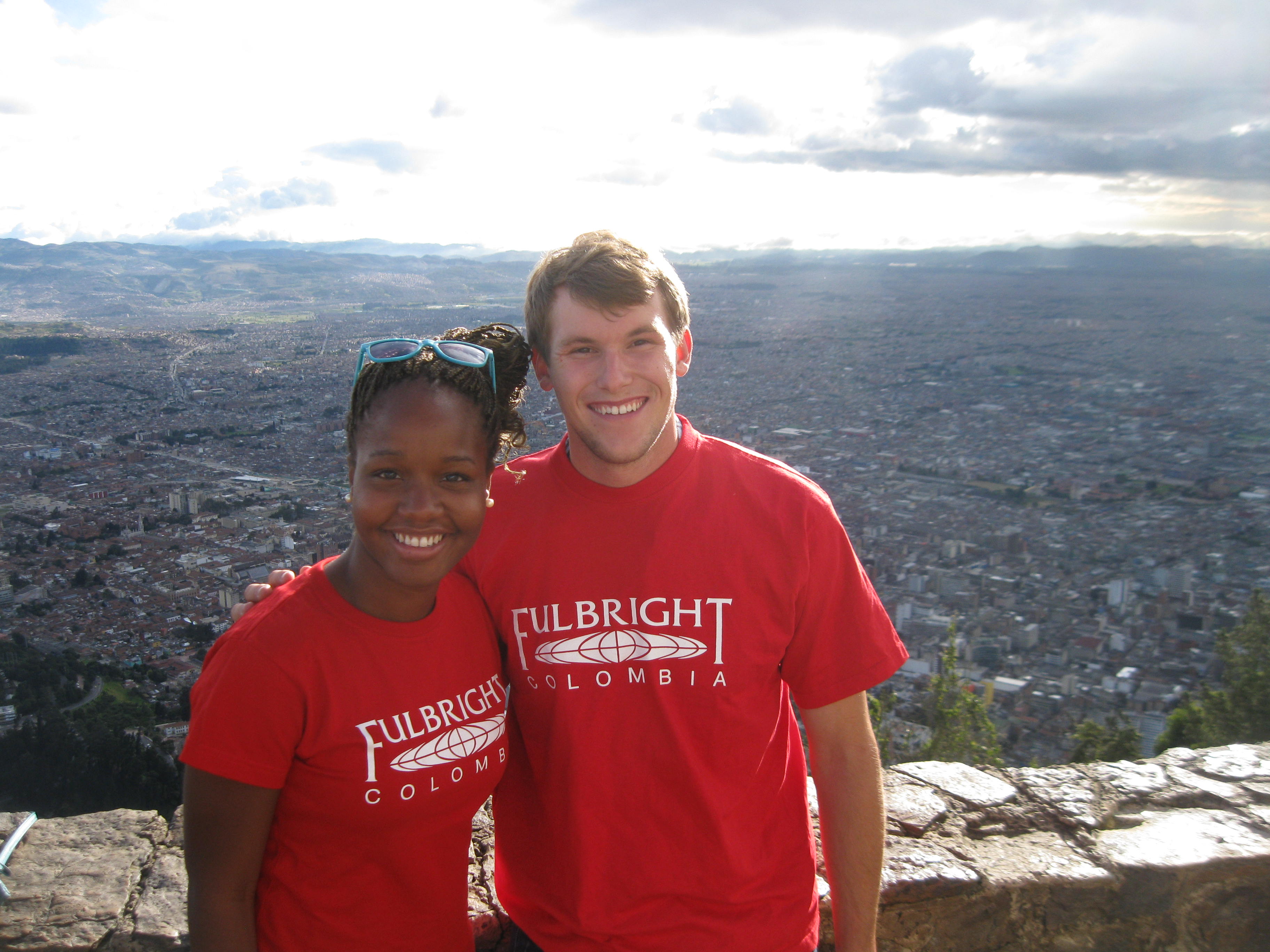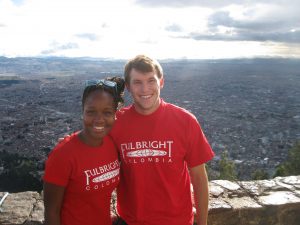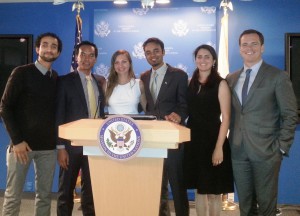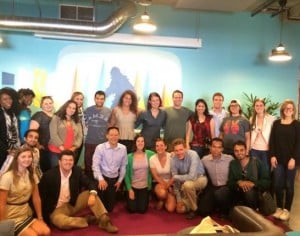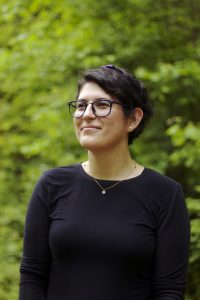 By Jenny Melo, Fulbright Foreign Student from Colombia
By Jenny Melo, Fulbright Foreign Student from Colombia
With a learning and service journey to Williamson, West Virginia, I finished my first year as a grad student studying rural sociology & sustainability. I joined a group of 11 international Fulbrighters interested in first-hand community service experience to see how this rural Appalachian community has developed and changed throughout the years.
When I applied to the Fulbright Amizade program, my knowledge of Williamson was limited to information in the news. If you do a quick search, you will find mostly unflattering stories on the opioid and coal mining crises. There are fragments of reality in that, but I knew that was an incomplete story. I am Colombian, and I know from personal experience how the media can disseminate harmful stereotypes and create distorted and incomplete representations of particular communities, and even whole countries. Understanding communities is not monochromatic; it requires a complex and nuanced perspective. My experience in Williamson confirmed that for me, and I am grateful for it.
We spent a full week together in the town, visiting and volunteering at different health, well-being, farming, and education initiatives, and learning of community organizers’ unique perspectives on Williamson. I also spent an afternoon with a mother of three, talking about how the deterioration of the coal mining industry has negatively impacted her family. These conversations expanded my understanding of what systemic community interventions look like, and reinforced my belief in going beyond stereotypes and one-dimensional views in order to develop a multidimensional approach that includes political, economic, environmental and social dynamics.
One of the initiatives that impacted me the most was the Williamson Health and Wellness Center (WHWC), a project led by Dr. Christopher D. “Dino” Beckett. This initiative uses a holistic approach to community development and is a collective response to the crises that Williamson’s citizens face, including the downturn of the coal mining industry, unemployment, and the opioid crisis. Far from a simplistic approach focusing only on access to health care, the WHWC utilizes multidimensional practices, such as access to healthy food, parks and recreational activities, safe community spaces, education, transportation, housing, and economic diversification. With these resources, everyone has an opportunity available for them. The WHWC understands that a 360-degree problem requires a 360-degree solution.
The WHWC and Williamson face several challenges created from national and international dynamics. However, the community is doing its part to thrive despite difficulties, and is reclaiming the right to tell their own story. Williamson Forward is a local news initiative fighting against stereotypes by sharing other, positive sides of community life.
This journey was a genuinely compelling experience for me, a grad student working in rural areas, who believes in the need for community resistance and collective action. I hope to come back to this Appalachian beauty someday.


